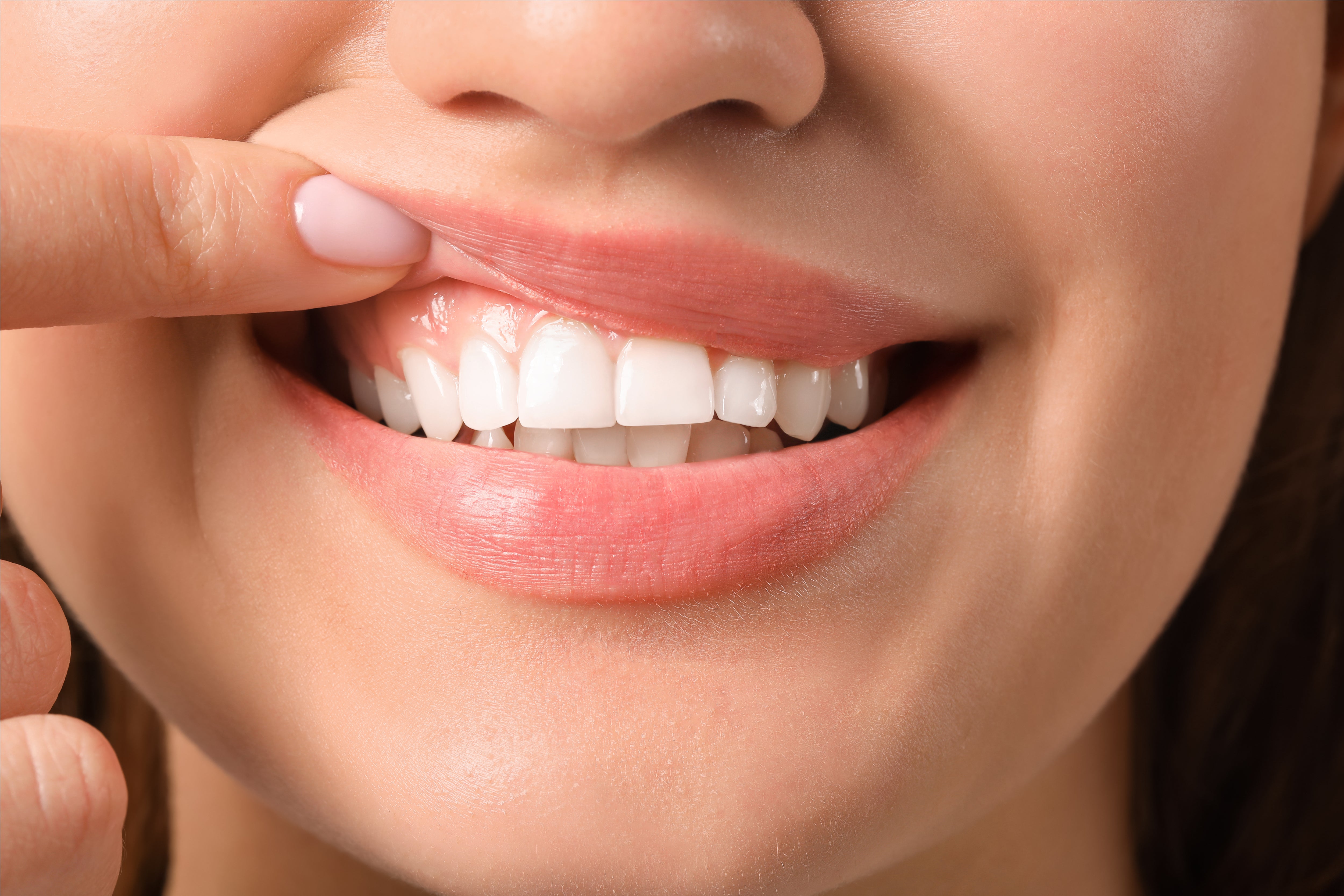Snus is a smokeless tobacco product from the Scandinavian region that is only suitable for oral consumption. Snus is neither burned nor chewed, but placed under the upper lip and absorbed through the mucous membranes. Snus can either be purchased in sachets or is available as loose snus.
Since snus has direct contact with the gums and teeth when consumed, poor oral hygiene can lead to health problems in the mouth. In this article, we want to explain the consequences of snus such as inflammation of the gums and gum pain and give you helpful tips on how to best avoid them.
What exactly is in snus and how is it absorbed?
Most snus products consist of air or sun-dried tobacco that has been finely ground, sodium chloride, humectants, water, sodium carbonate and flavors such as mint. When consuming snus, the salt it contains and the increased pH value slightly roughen the mucous membrane so that the nicotine can get into the bloodstream and be absorbed by the body. On average, a bag of snus contains around 20 mg / g nicotine, products such as Siberia Red -80 Degrees can contain a nicotine content of up to 43 mg / g. The higher the nicotine content, the more likely the snus will have long-term effects on the gums.
Snus Gum Pain
Consuming snus for years can have a negative effect on the gums. One of the possible damages is receding gums, creating gum pockets that are more difficult to clean and can cause pain. Since the mucous membrane and gum cells have a short life cycle, these symptoms subside a few days after the last consumption.
Snus Gum Inflammation
Once the gums recede, it is easier for bacteria to get inside the tooth. If these bacteria are not washed off regularly, tartar will form, which can no longer be removed by simply brushing your teeth. A dentist has to be visited here to have tartar removed professionally. Tartar that is not properly removed can inflame the gums. Inflamed gums are itchy and may be irritated. When brushing the teeth, the gums bleed more often and the gums swell.
Snus burns gums
Once the gums are infected, this leads to more rapid development of tooth decay. The bone tissue around the tooth can be damaged, which in the worst case leads to tooth loosening. Periodontitis is an inflammation of the gums, which results in the destruction of the teeth supporting structure. In this case, the last step is to remove the tooth if it loosens too much.
How can I best protect my teeth?
When consuming snus, oral hygiene plays a very important role and should not be underestimated.
Since excessive oral hygiene can also damage the gums, we recommend cleaning the teeth twice a day without pressing the toothbrushes too hard. Especially the transition from the gum to the tooth should be kept very clean.
urthermore, it is best to use dental floss every day to prevent the build-up of tartar between the teeth. This is the only way to reduce the formation of gingival pockets. The regular visit to the dentist is of course also important in order to recognize gum changes early and to have them treated.
How much snus a day?
As with all nicotine products, the same applies to snus: Consumption should only take place in bulk. Higher consumption naturally leads to gum problems more quickly - the more sachets are sniffed per day, the more far-reaching are the consequences.
Snus can also be bought with significantly less nicotine. For example, the VELO Witty Spearmint AW product contain only 8 mg / g of nicotine or Skruf Super White Polar Eucalpytus Strong No.57 AW which contains 12 mg / g of nicotine. Edel CBD Mint All White Snus is even completely free of nicotine and is ideal for people who want to quit smoking or who want to reduce their snus consumption.




 Dieses Produkt schädigt Ihre Gesundheit und macht stark abhängig.
Dieses Produkt schädigt Ihre Gesundheit und macht stark abhängig.